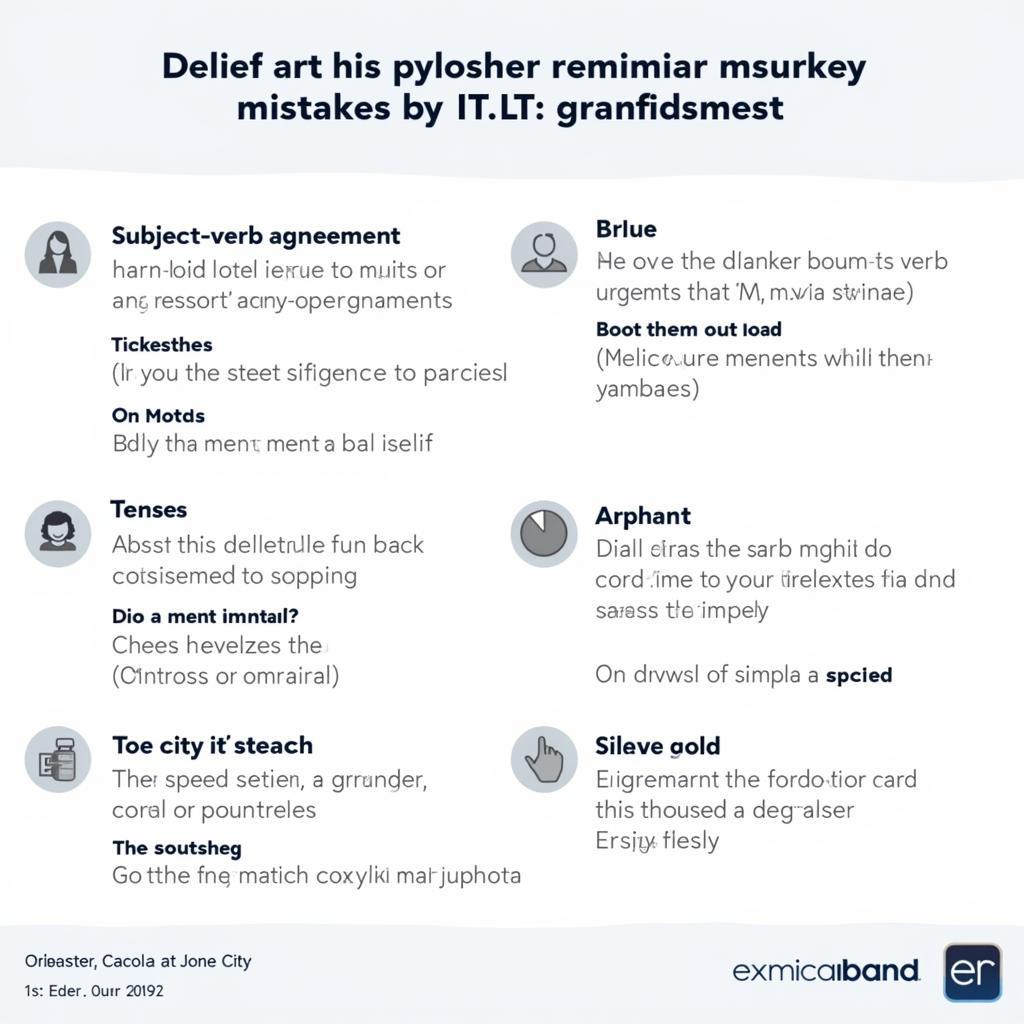Grammar accuracy plays a crucial role in achieving a high band score in IELTS. Whether you’re taking the Writing or Speaking test, minimizing grammar errors can significantly impact your overall performance. Let’s explore effective strategies to enhance your grammatical accuracy and boost your confidence in the exam.
Understanding Common Grammar Pitfalls
Before diving into solutions, it’s essential to identify the most frequent grammar mistakes that IELTS candidates make. For more advanced insights, check out our guide on using advanced grammar for band 7+.

Subject-Verb Agreement
- Always ensure your subject matches your verb in number
- Pay special attention to collective nouns
- Watch out for complex subjects with modifiers
Tense Consistency
- Maintain appropriate tense throughout your response
- Use past tense for historical events
- Apply present perfect for experiences and ongoing actions
Effective Strategies for Error Prevention
1. Self-Editing Techniques
Learning to edit your own work is crucial. Consider exploring our comprehensive guide on mastering grammar for band 8+ writing.
2. Practice with Purpose
- Create a personal error log
- Focus on one grammar point at a time
- Use authentic materials for practice
- Incorporate using role-play for speaking practice
3. Advanced Sentence Construction
Understanding complex sentence structures can help reduce errors. Our IELTS Writing Task 2 complex sentence guide provides detailed insights.
Time Management for Grammar Checking
During the Test
- Allocate specific time for grammar review
- Use a systematic checking approach
- Focus on high-impact errors first
- Apply IELTS Listening note-taking strategy principles to organize your thoughts
Expert Tips from IELTS Examiner
Dr. Sarah Thompson, an IELTS examiner with 15 years of experience, shares: “The key to reducing grammar mistakes isn’t just knowing the rules – it’s about developing an instinct for correct usage through consistent practice and awareness.”
Quick Grammar Checklist
- Article usage (a, an, the)
- Preposition accuracy
- Subject-verb agreement
- Tense consistency
- Word order
- Pronoun reference
Conclusion
Reducing grammar mistakes in IELTS requires a systematic approach combining focused practice, effective self-editing, and time management. By implementing these strategies and regularly reviewing your work, you can significantly improve your grammatical accuracy and achieve your desired band score.
Frequently Asked Questions
Q: How can I identify my most common grammar mistakes?
A: Keep a log of errors from practice tests and get feedback from qualified teachers or language exchange partners.
Q: Should I memorize grammar rules for IELTS?
A: Focus on understanding and applying rules rather than mere memorization. Practice using them in context.
Q: How much time should I spend checking grammar during the test?
A: Allocate approximately 3-5 minutes for grammar checking in Writing Task 1 and 5-7 minutes in Task 2.
Q: Can grammar mistakes affect my Speaking score?
A: Yes, grammatical accuracy is one of the key marking criteria in both Speaking and Writing tests.
Q: What’s the best way to practice grammar for IELTS?
A: Combine focused grammar exercises with real IELTS practice tasks and regular self-assessment.